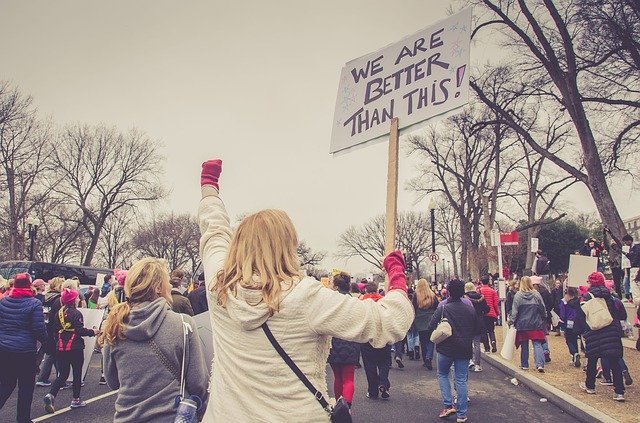Ideally, my answers would be 'true' presidential democracy and 'true' communism. In reality, these are unattainable in its true form. China being the most successful and one of the closest to communism as we know it.
It is important to note that there is no one best form of government free from flaws. However, you asked for a better alternative. In the search for a better alternative, there are several variables that must the considered.
The country's;
Wealth,
Population,
Natural Resources,
And level of corruption must be put into consideration.
One must observe the current situations of a nation and level of availability of the aforementioned. Then evaluate the best possible way to maintain order, peace and prosperity.
Therefore, what may work in one part of the world may barely strive in another. A true presidential democracy, with no influence by special interest groups, would work in countries with enormous amount of natural resources, densely populated and wealthy. But in reality, presidential democracy and all other forms of government would become weakened with the emergence of extreme corruption and rebellion.
Constitutional monarchy, parliamentary democracy, presidential democracy and semi-presidential system are all forms of liberal democracy. Notice how it metamorphosed into several other forms as a result of the variations in each region, ranging from United Kingdom, Canada, France, India, United States and Romania.
Absolute liberalism is impossible because achieving a goal of general political literacy is unrealistic.

Why is 'true' presidential democracy a better alternative to parliamentary democracy?
Separation of Power; There is a strong separation of powers between executive and the legislature in the presidential system. Unlike the parliamentary system where the legislature is vested with unchecked power which can be abused with the emergence of corruption.
Check and Balances; In the presidential system, the judiciary can determine a law unconstitutional, thus checking the powers of the legislature and executive. In the parliamentary system, the executive and the legislature have certain powers of constitutional review. This limits the possibility of an independent Judiciary.
Government Accountability to the People; In the presidential system, the president is accountable to its people. Since the elected him or her. Whereas, in the parliamentary system, the prime minister is only accountable to the parliament (legislature), since they decide who becomes prime minister.
Proper Representation; In a true presidential system, the president selects members of his cabinet(ministers). These are usually professionals in the various fields of study. However, in the parliamentary system, the members of the prime minister's cabinet must be selected from the parliament. These are usually politicians, instead of experts in the various fields. Imagine making a lawyer the minister of finance.
These are the major reasons why the presidential democracy is a better alternative to parliamentary democracy.
Image Source: pixabay.com